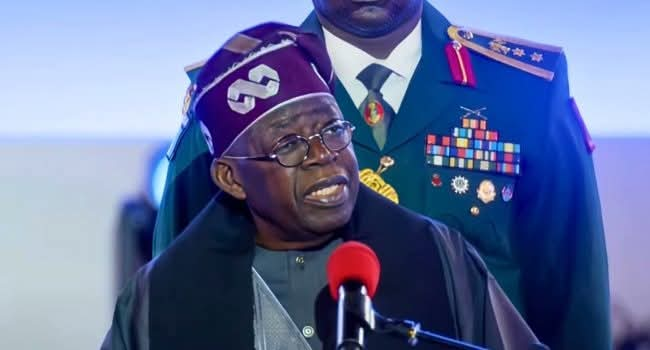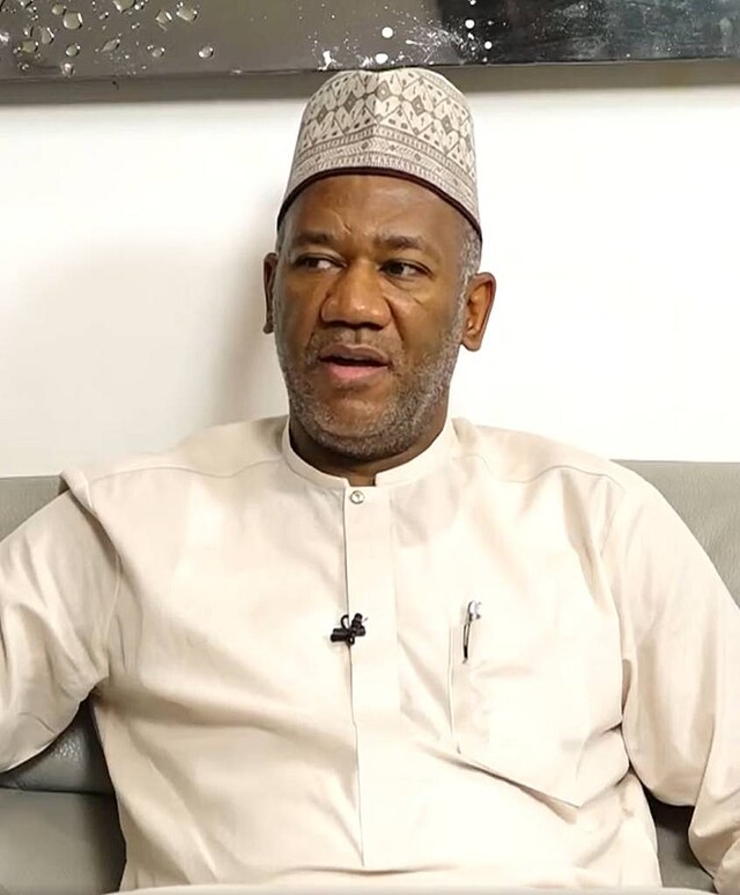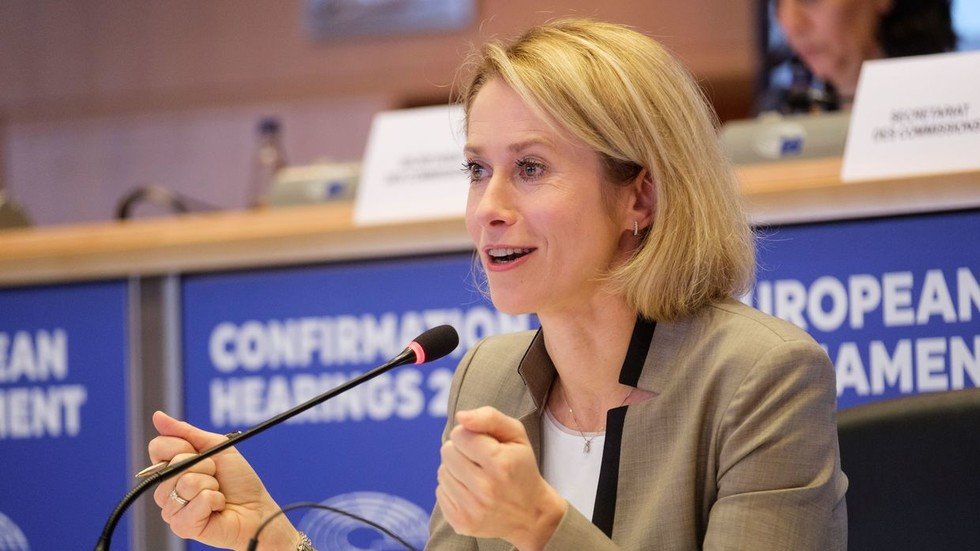Accra, Ghana – With the 2024 election campaigns heating up, Charles Abani, the United Nations (UN) Resident Coordinator in Ghana, has called on the country to learn from the 1994 genocide against the Tutsis in Rwanda by guarding against hate speech, divisive language, and discriminatory labels. He emphasized the importance of vigilance and strengthening early warning systems against incitement to violence, both online and offline, as genocides are often preceded by warning signs.
Speaking at a symposium in Accra commemorating 30 years since the Rwandan genocide, which resulted in the deaths of over one million people in just 100 days, Abani urged Ghana to “promote dialogue, uphold justice and human rights for all,” and foster unity over division within society.
“The horrors of that dark chapter of human history serve as a stark reminder of the consequences of hatred, division, and indifference. Although it takes Rwanda to come here to remind us about this, I would ask every Ghanaian, every West African, every African to reflect personally on what this dark history means and why it is important for us. Genocide is a word that evokes horror, sorrow, and disbelief,” he said.
The genocide was the culmination of decades of state-sponsored discrimination and dehumanization against the Tutsi group by both colonial administrations and post-independence governments.
The symposium, organized by the Rwanda High Commission in Ghana in collaboration with the Ghana Institute of Management and Public Administration (GIMPA), aimed to raise awareness about the genocide and strengthen commitments to combat hate speech, genocide denial, and impunity.
Abani, in commiserating with the survivors, stressed the importance of education and awareness in combating ignorance and hatred, especially for the younger generations. He highlighted the necessity of justice, accountability, and ending impunity for perpetrators of atrocities like genocide. Building an inclusive society where all individuals are valued and their rights upheld is crucial, he noted.
Rosemary Mabazi, the Rwanda High Commissioner in Ghana, stressed the importance of accurately representing the 1994 events as the “Genocide against the Tutsis” in Rwanda, as it was a deliberate and targeted act. She condemned the denial, distortion, or trivialization of these events, including understating the over one million death toll. Mabazi emphasized the role of universities in changing the narrative through education and memorialization efforts, warning that similar tragedies could occur elsewhere if the conditions that enabled the Rwandan genocide are allowed to persist.
Prof. Denis Bikesha of the University of Rwanda, in his presentation on the history of the genocide, highlighted that despite the horrors that occurred, Rwanda is making significant socioeconomic progress.
The symposium underscored the critical importance of combating hate speech and divisive rhetoric, particularly in the context of Ghana’s upcoming elections, to prevent violence and ensure a peaceful and united society.



